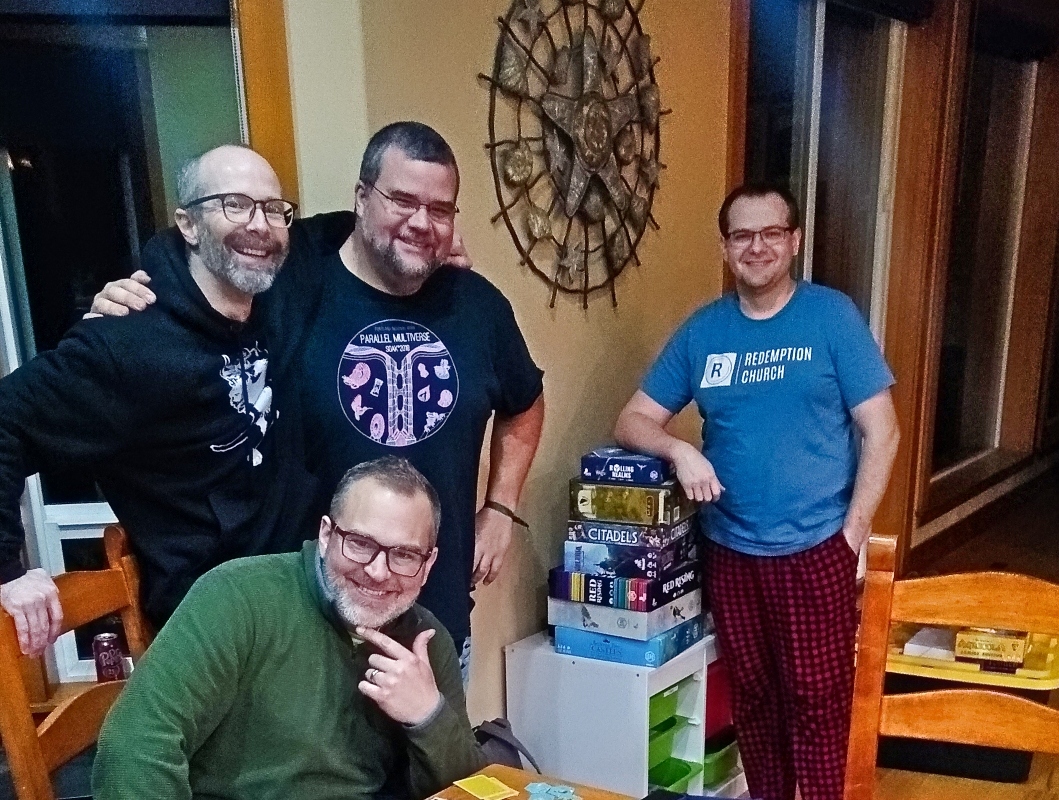“I can’t be the only one for whom memories of ages 16 to, say, 25 consist mostly of sitting around bedrooms, crappy dorm rooms, and crappier apartments, doing nothing much at all. I had jobs that didn’t pay a lot, so I didn’t have a ton of money to go out to bars or clubs, which is why instead I hung out for hours with groups of friends: telling jokes, venting about life, talking earnestly about politics and sarcastically about art (or vice versa).”
Dan Kois, Slate
Do you have fond memories of hanging out with friends in high school and college, doing not much at all? Or maybe you’re in school now and wishing that you could have such experiences in the first place?
You’re not alone in being lonely. Most people lost touch with some or all friends during the pandemic. And even before the pandemic, approximately a fifth of all Millennials had no friends at all, so the situation is pretty dire now, particularly among men. The difficulty of making friends contributes to the difficulty of finding life partners. Longer term, loneliness harms mental and physical health. Loneliness literally kills.
But you don’t need to live without deep, long-lasting friendships. I can attest that having friends — including my buddies James, Sam, Don and Jacob (above) — make a huge difference in my life’s joy and meaning. Today, I’m going to share the Master Plan for making friends.
The Master Plan for making friends
Tabletop games are a “secret weapon” for making friends. Here’s the Master Plan.
- Phase 1: Getting started
- You have a group project, maybe for school or for work.
- You think 1-2 people in that group are interesting people.
- You say, “I have this great game and am looking for somebody to play it with.”
- You stay late together, one evening, to play at work, school, or a nearby cafe.
- If you enjoy those people, rinse and repeat. If not, rinse heavily and repeat with different people.
- Phase 2: Going deeper
- You invite your favorite people to play longer games or do other semi-structured activities (e.g., at home).
- You gradually develop trust and shared experiences.
- You invite them to just hang out — no structured activity required.
- You belong to a group of people who value you for who you are.
- You stop being lonely. You start being happy. You live long and well.
Games give you something to start the conversation. Tabletop games (vs video games) give you a reason to be in the same room. The games themselves create shared experiences — which are essential to forming mutual understanding, trust, and the opportunity to bring joy into others’ lives.
Games are essential for the Master Plan
For the master plan above to work, you need games with certain characteristics.
- They must be fairly compact (for transportation to work/school and gameplay on a cafe table) for Phase 1.
- They must be suitable for at least 2 people, preferably more (as staying late with just 1 person can be creepy).
- They must not devolve into arguments, alpha gamer syndrome, or similar causes for bad feelings.
- They can’t take so much mental energy that there’s none left for conversation.
- They must be easy to learn and fun.
Let me share a few kinds of games that I have found to work well in different circumstances.
Card games for Phase 1
You can easily stock your backpack or briefcase with a couple of small card games that appeal to different groups. A great example is Fluxx. The card version of Catan (only $15 on Amazon right now) makes the game more portable and easily played on a small table. I think Magic’s longevity partly has resulted from the easy ability to carry cards around and use them to meet new friends.
My primary goal in designing Gnomadic Gardeners (available through The Game Crafter) was that it should be suitable for helping me to make friends, and it has succeeded spectacularly in this area. This game has opened up so many conversations, and many people enjoy the game enough that they’ve asked to play it again subsequently. But for me, the win isn’t just getting to play the game: it’s getting to talk with people, bring joy into their lives, and create a starting point for a deeper friendship. (And helping others to form friendships is the biggest win of all to me!)
Eurogamers: Although most small card games don’t provide the crunchy indirection of a Eurogame, some have succeeded in this area. You’ll probably end up with something that has a theme, ie not purely abstract games. Some possibilities to consider (with varying levels of Euro-ness):
- Suburbia
- 7 Wonders Duel
- Hanabi
- Splendor
- Love Letter
- Race for the Galaxy
- Arboretum
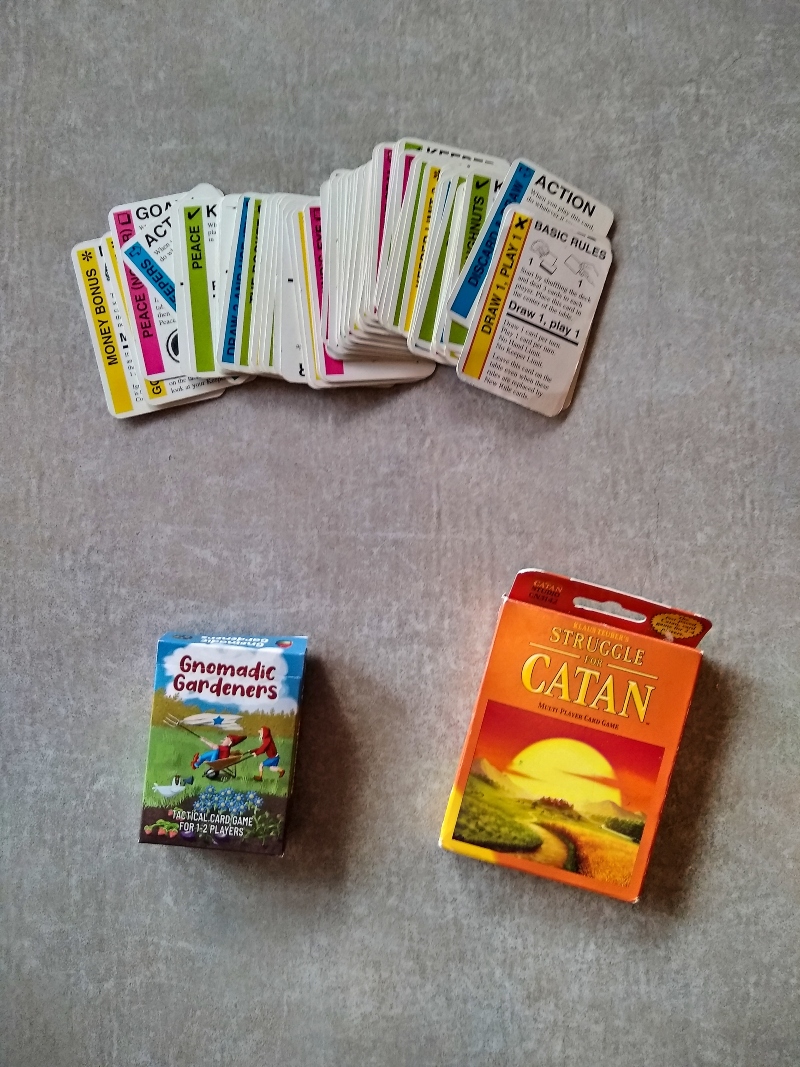
Longer games for Phase 2
After a couple months of Phase 1, you’ve gotten to the point where you can invite a few acquaintances or friends to your house (or board game cafe, if your town has one). Bust out the bag of chips and a longer game. Please don’t pick Monopoly. First, the game needs to be fun. Second, it can’t focus on hurting one another. Remember, you’re not here to win the game (though that’s nice when it happens). You’re here to make friends by bringing joy to other people.
Making friends is the victory condition.
This is an area where Eurogames really shine, as long as they’re not too thinky. You can’t easily make friends without conversation, and a game with too much weight impedes conversation. Maybe save 18OE or Twilight Imperium for later in the relationship.
Wingspan might be the best game ever for a first “long game” with relatively new friends. It never devolves into fights or alpha gaming. It leaves space for conversation. The theme is neutral-to-engaging (let’s be honest, we’re not all bird people, but most people don’t hate birds). And the art is pretty to look at.
Other games that have sold a ton of copies because they’re perfect for this stage of the friendship:
- Settlers of Catan
- Ticket to Ride
- Dominion
- 7 Wonders
- Munchkin Fu (depending on the audience — and this also could be good for Phase 1)
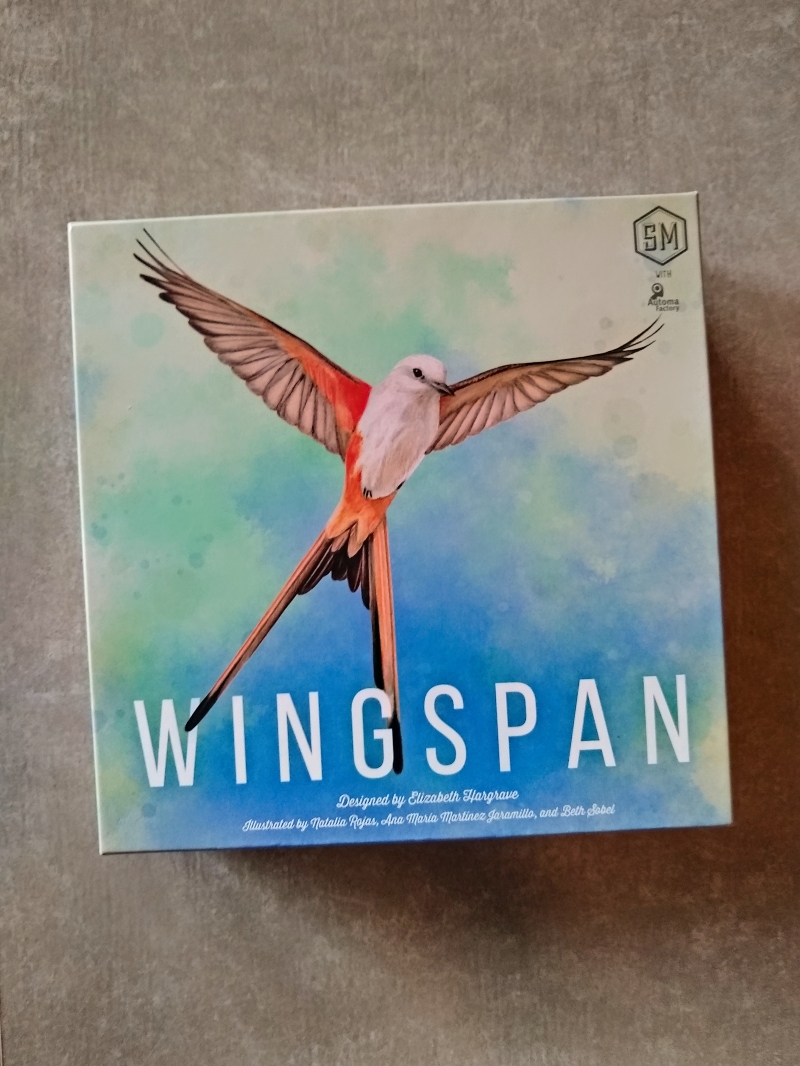
Feel free to insert your own favorite Eurogame into this list. But remember that it needs to be easily learnable and conducive to conversation.
Party games as a backup plan
I enjoy some party games, but I know plenty of hardcore gamers who do not. Nonetheless, it’s worth honestly asking yourself: which is more important to you?
Option A: Playing some games that you might not optimally enjoy, to bring joy to other people, who might become lifelong friends (and quite possibly play some games that you love).
Option B: Playing only games optimized for your enjoyment, and cultivating only friendships with people who share those interests.
Seriously, either answer is ok to me. I won’t judge you if you pick Option B, even though you know by now that I’m an Option A kind of guy. I might even play a heavy Euro with you, if that’s what you like, and I’ll bring a six-pack or bottle of wine to your house. I’d much rather know you and befriend you than judge you.
If you’re ok with Option A, or even better, if you’re a person who really enjoys party games, then they definitely belong in your toolbox.
Party games create first connections
If you’re not getting much traction with Phase 1 of the master plan above, consider trying a party game. The Murder Mystery series from University Games is an option. It’s soooo easy to say to a bunch of colleagues or acquaintances, “I’m hosting a murder mystery dinner next month; would you like to dine and play, if we can find a Saturday that works?”
These games are great not because hardcore gamers consider them well-designed (the highest-rated game on BGG has a Geek Rating of 5.91). These games are great because they create the potential for first connections. In fact, each murder mystery game intrinsically has negligible replayability, which makes it easy to ask, “How about if we play something different next time?”
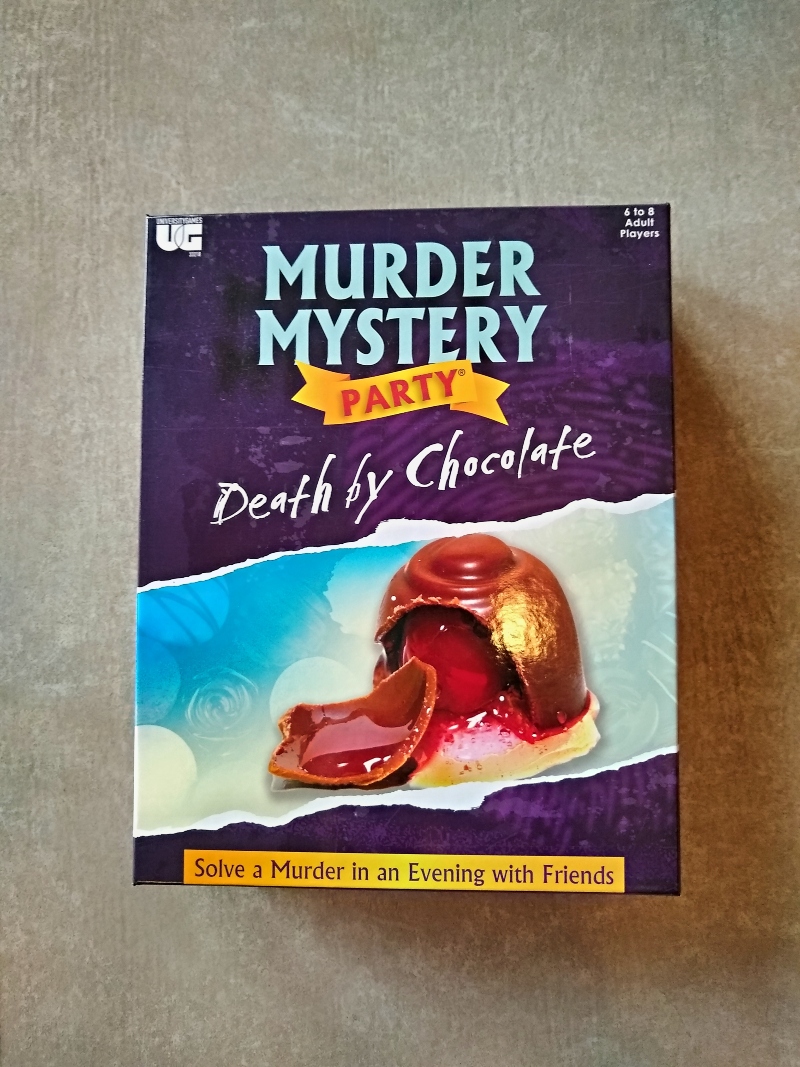
Games can liven up a party
Party games also come in handy during Phase 2 if you’re trying to make the transition to non-structured activities with friends. Sometimes, you have friends and all that you do together is play games. But you’d like to have more conversations. So you try having a dinner party with no game.
And, frankly, the conversation isn’t clicking.
You can inject some energy with a quick party game. Here, you’re using the party game as a tool to facilitate the transition to non-structured activities. So don’t make the party game the reason for the night’s gathering, nor let it take up too much of the time together.
Pit is one such game: it really gets everybody moving. Other options include Drinking Fluxx and Munchkin Fu. After the game, you can switch to another activity like just hanging out and talking. Or you can make plans for the next event and call it good for the night.
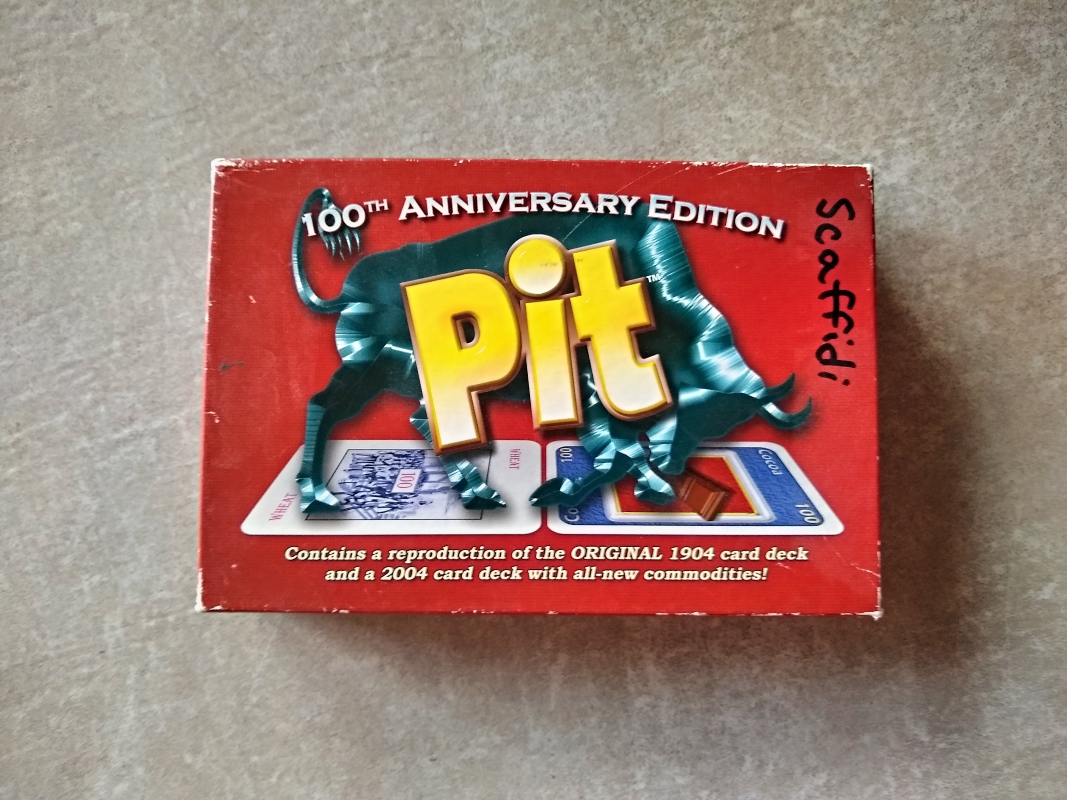
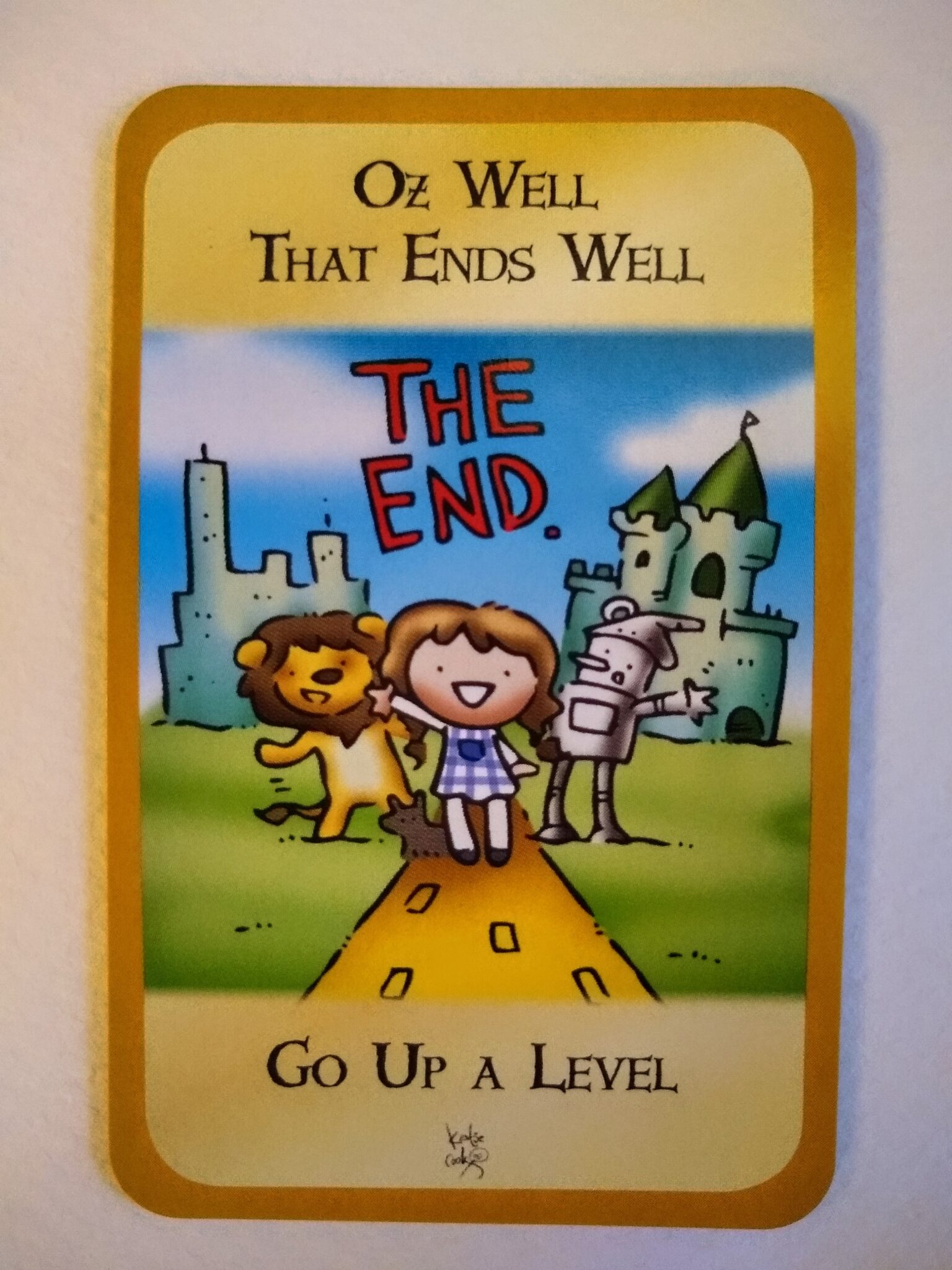
Final Encouragement
If you want more friends, take steps now. Don’t just read this article, for crying out loud. Make it a priority to DO something about it.
- If you don’t own any games, buy a game for Phase 1, a game for Phase 2, and a party game.
- If you do own games, put a Phase 1 game in your backpack or purse. Also set aside a bookshelf for a reliable set of Phase 2 games, as well as a party game or two.
- Then, use your games to meet people, gather people, and build shared experiences.
Most importantly, don’t give up. You can create friendships. You have ways and means of bringing joy to other peoples’ lives. It will happen. Remember that the game of making friends can’t be won in a single night or even a single month.
Reaching the victory condition of rich, satisfying, lifelong friendships will, by definition, take a lifetime.
Done with commitment, this is a pursuit that will bring years of joy and meaning to you — AND to your friends.
